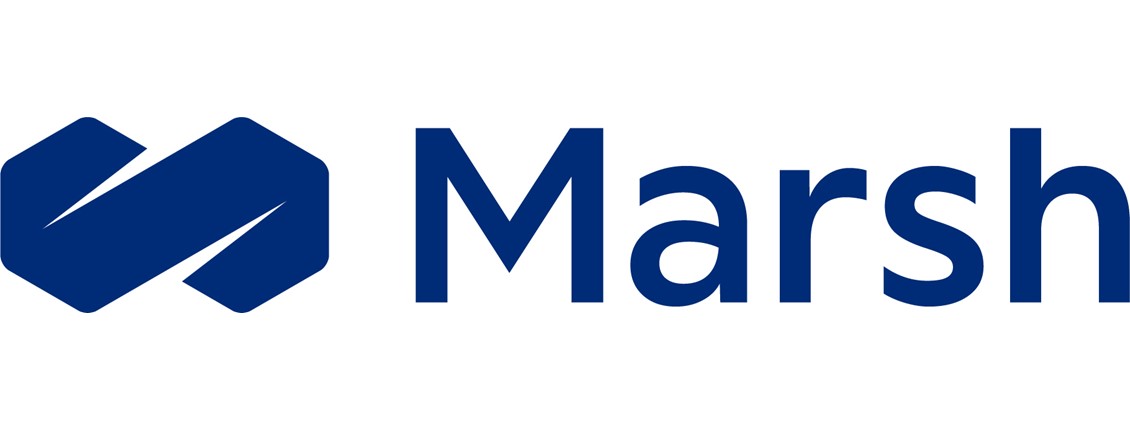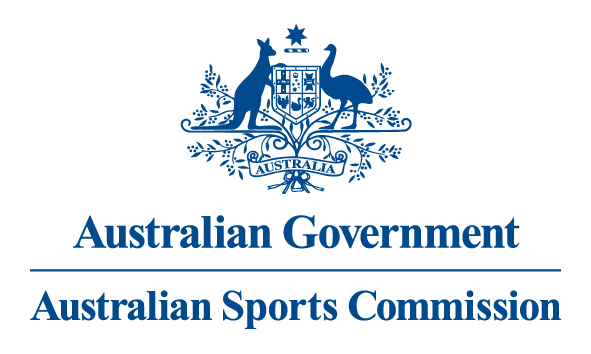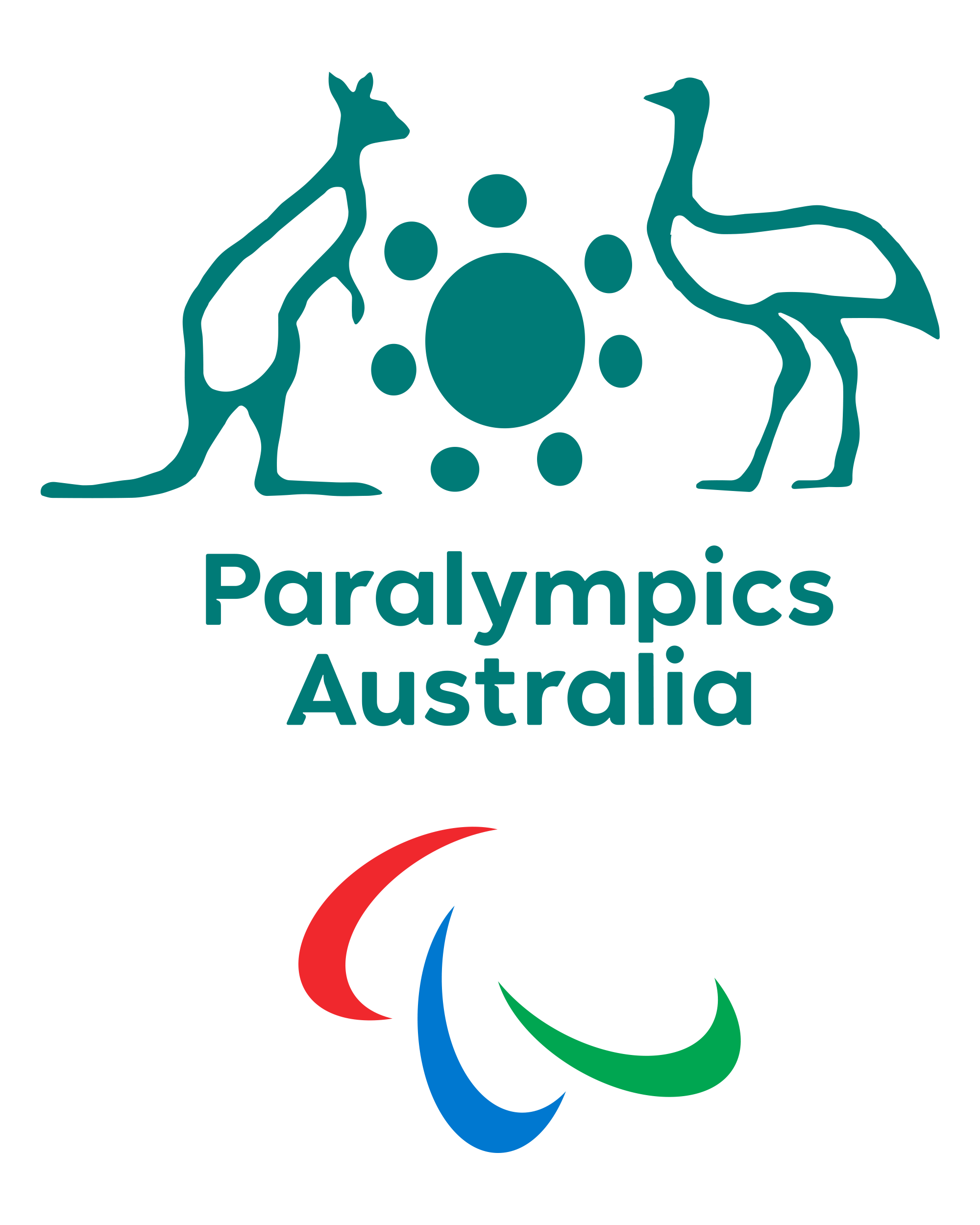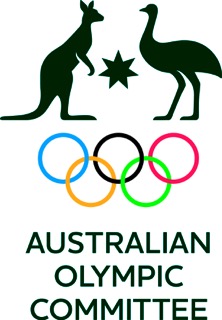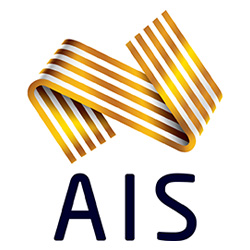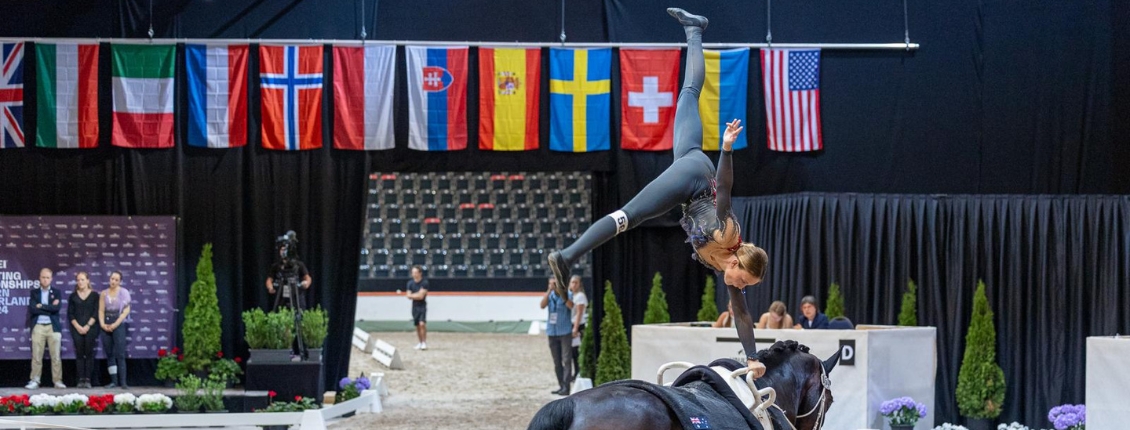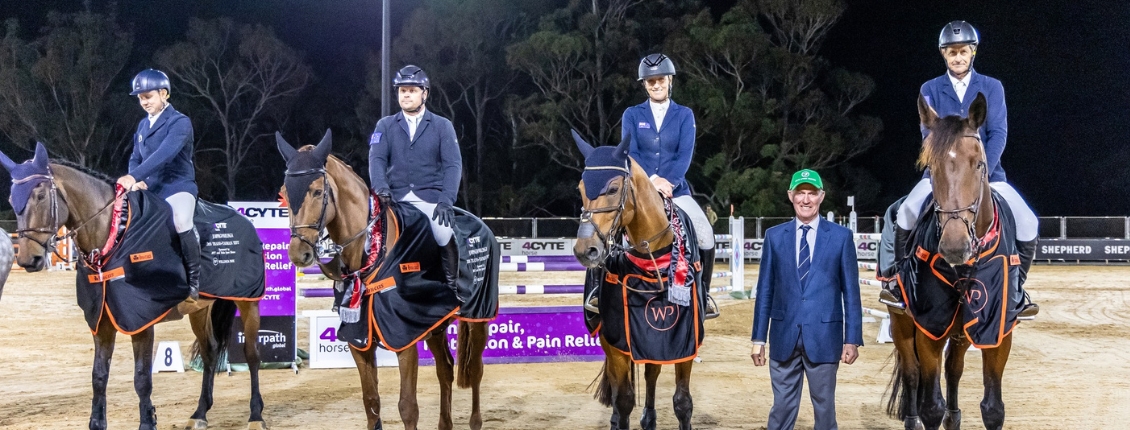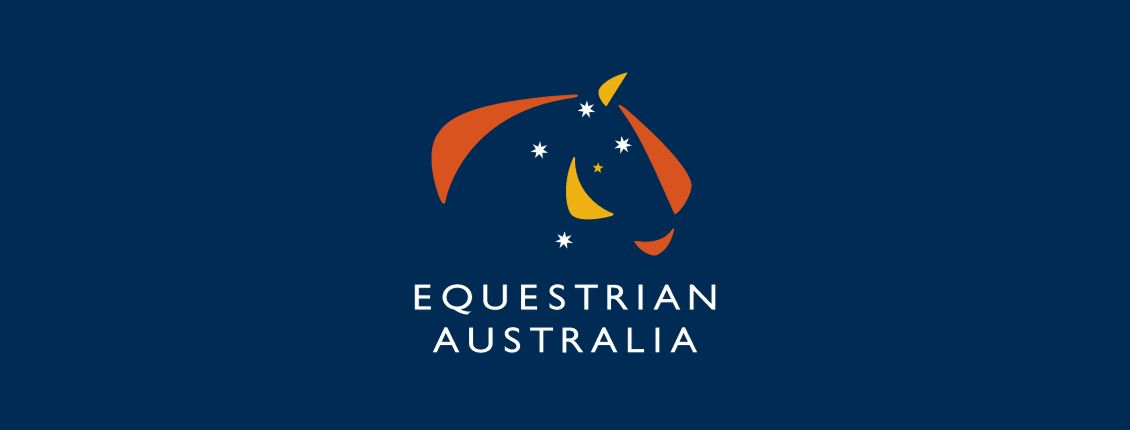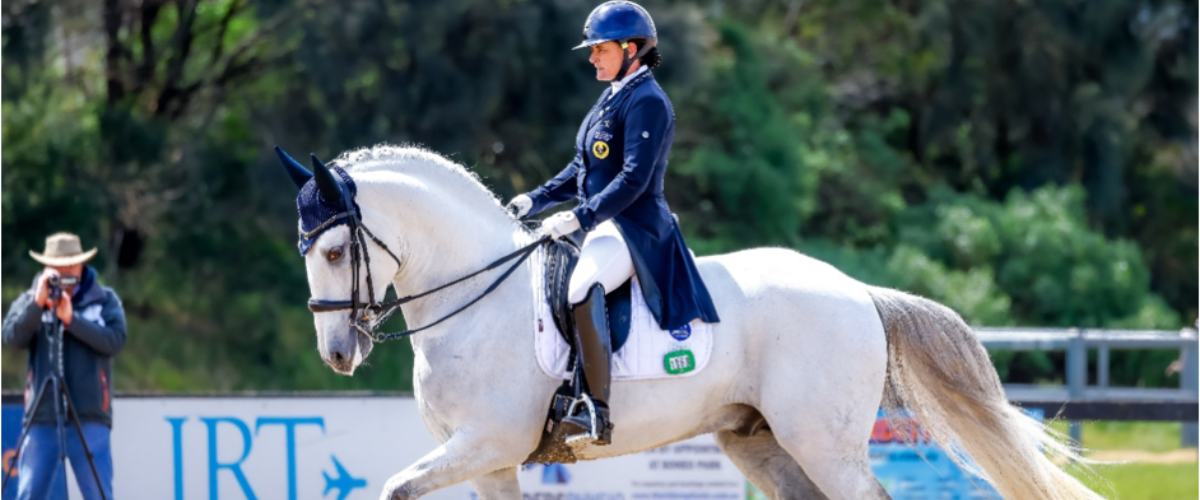
November Coach of the Month - Karen Horsell
Karen Horsell is an EA Level One General Coach, Grand Prix Dressage competitor, and breeder of Lusitano’s based in the Southern foothills of Adelaide, South Australia.
Karen has been recognised as the Coach of the Month for November.
Here is the Q&A with Karen.
What attracted you to the sport of equestrian?
My obsession with horses began when my poppa borrowed a Shetland pony ,‘Charlie’, to give pony rides at my 5th birthday party. My heart was broken when he told me the pony was only there for the day! Coming from non-horsey parents, it wasn’t until I was 7 that I was able to have weekly riding lessons .
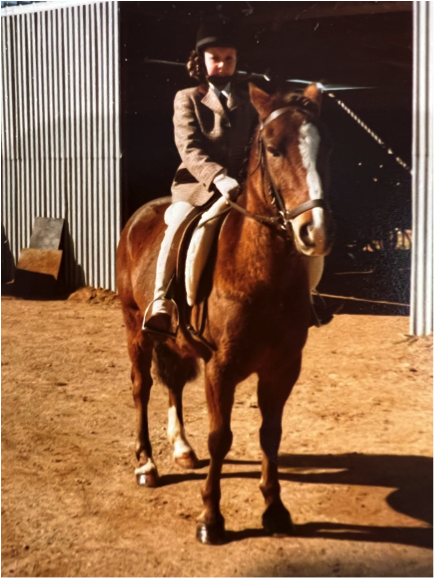
After a year of lessons, my wishes were answered when my parents bought me one of the school ponies, ‘Grandpa’. He was angelic to look but a typically wilful pony, who would spook at everything and pigroot when anything came near his hindquarters. I spent a lot of time hitting the ground, especially when jumping, as he always thought I should go first over the jump. I soon learned to stay in the saddle and I owe a lot to this pony for building my resilience and confidence.
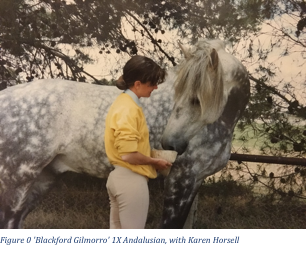
My passion for the Iberian horse started when a dapple grey, first cross Andalusian gelding, entered my life. BlackFord Gilmorro, the best four-legged partner a teenage girl could have. Weekends were spent riding from early morning to sunset, navigating new trails through scrubland, dodging park rangers, jumping fences to just gallop up the next hill to see what was on the other side. We attended Kangarilla Pony Club, loved show jumping but even more so eventing. However, our training at home was always developing the foundations of dressage.
When did you realise you wanted to become a coach?
At 13 I started training with Portuguese master Miguel Tavora. This was a pivotal moment in my equestrian career. Miguel’s mentorship lasted for 35 years, grounding me in gymnastic exercises that develop horse and rider in a progressive, logical and systematic way. I trained many horses to FEI under Miguel’s guidance, using his training methods that were drawn from his mentor, the Classical master Nuno Oliveira, as well as competitive training in the Maffra. Today I hesitate to use the term ‘Classical’, as I feel the true understanding of this term has been lost and is often mis-used.
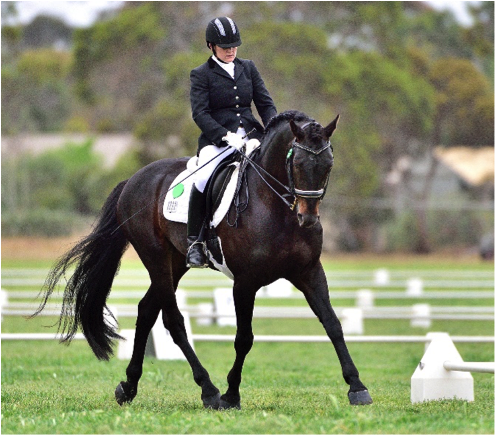
How did you get involved with coching?
Coaching and training horses for people started as a means to earn cash while I was at university, studying a Bachelors Ed in Art/Design teaching. Sketching, painting and sculpting horses was also another way to immerse myself in a world of horses. Combining my profession of teaching with training horses, I decided to complete my NCAS level 1 General coaching training in 1991.
Teaching part-time at Westminster School, coaching and training my horses has its challenges time wise, but I am extremely fortunate to have support from my forever tolerant partner Stuart and gorgeous children Jenaiha and Josh.
What is the most important lesson you want to teach your students?
I enjoy coaching a range of students from beginners to FEI competitors and especially enjoy the progression of young riders and those riders that are regaining their confidence. I find that I am always learning from my horses and students, and the horse always teaches me a lot about their riders! Explaining, demonstrating and differentiating for all types of learners helps me gain a deeper understanding of exercises and biomechanics. I think it is important to teach my students gymnastic exercises with their horses, to improve the suppleness and balance of the paces. Having worked extensively with Miguel Tavora, his system of lateral work exercises to improve straightness is embedded in my philosophy. By presenting to students a logical and tangible system to create positive outcomes that generate a feel that is measurable, you equip them with tools to work with every day.
For example, a simple exercise of rising on the inside diagonal just before you ask for the canter will help achieve the correct canter lead, because it helps put the rider in the right timing.
What challenges have you faced as a coach?
One of my challenges as a coach is the misconception that if you buy a trained horse it will all just happen for you. Riders often want to proceed up the competition grades without building the foundation work. Just because the horse is trained and capable doesn’t mean the partnership is ready. A partnership is built over time, and without a chance to consolidate the basics of balance, contact and lightness of the aids, the horse will only go through the motions, the tricks that it has been trained, and the partnership will never have harmony. A harmonious partnership is something that I wish to impart on my pupils.
What are your biggest highlights?
A highlight of my riding and coaching career has been working closely with Miguel Tavora on illustrating and creating diagrams for his book, ‘Dressage Principles and Techniques- a Blueprint for the serious rider.’ Problem solving and many discussions about the best way to present the array of exercises we had performed in our lessons for years was a privilege and helped secure my understanding of how and why.
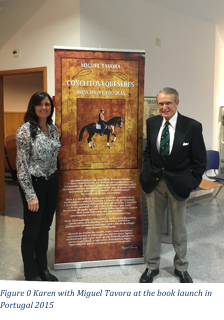
At the end of 2015 I travelled with Miguel to Portugal to launch his book at the Golega Horse Fair, a horse fair dating back to the 18th Century and should be on the bucket list of all horse enthusiasts! Lusitano horses everywhere in the streets throughout the day and night. Groups of riders on horseback standing at bars immersed in scented smoke from the burning chestnuts. The ‘Mulga’ a track surrounding the main arena was a constant grand parade of Lusitano horses from all the breeders showcasing their horses. It was here that I fell in love with my beautiful purebred Lusitano stallion, Guizo da Ferraria. To ride this 4yo stallion amongst the cacophony of the Mulga and traditional indoor arenas was exhilarating. The courageous temperament of the Lusitano horse impressed me so much that we imported Guizo back to Australia.

Unfortunately, my time with Miguel was limited, as he passed away at the end of 2017. Miguel started my partnership with Guizo and I have continued Miguel’s methods of training instilled in me to reach Grand Prix earlier this year. Guizo and I are currently on the FEI High Performance squad and aim to compete in some CDIs next year. Guizo is a breeding stallion and is offered to limited outside mares. The Lusitano breed is a noble and intelligent horse with good character and trainability and is certainly starting to be noticed and sort after on the International competition scene.
What's Next for you?
Balancing family life, my teaching profession, breeding, competing at Big Tour competitions and coaching my regular pupils is challenging. However, all seem to add positive experience to my coaching journey. Maybe in the future I will complete my level 2 Dressage Coaching certificate and become a Coach Educator. For now though I am enjoying my competition journey at Grand Prix and breeding the beautiful Lusitano’s.

